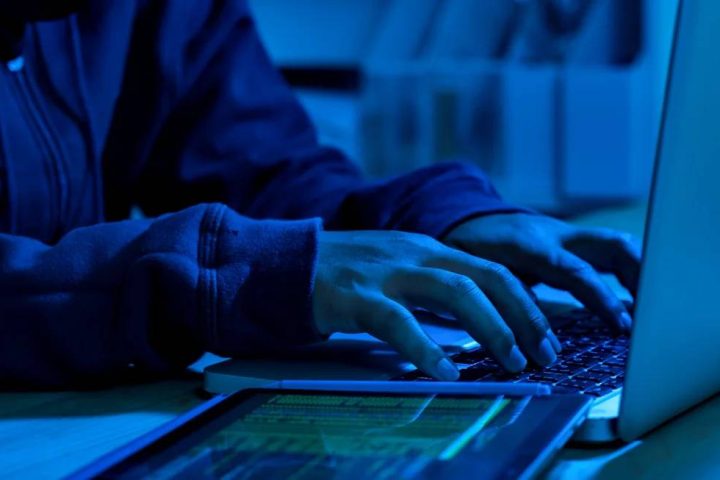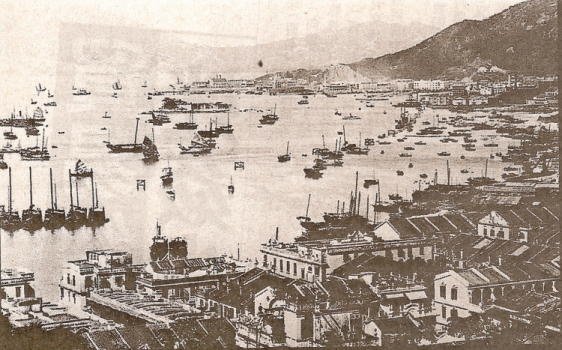The National Security Law is the official picture of the local government of Hong Kong at 23:00 local time, one hour before July, after its approval by the Standing Committee of the National Legislative Congress of China’s top legislature and signing by President Shi Cinping. It was published in the newspaper and entered into force.

The law banned separatist activities that would jeopardize national security, destroy the state, and cooperate with terrorism and foreign powers.
In this context, damaging and destructive activities in order for the state-owned facilities not to operate normally will be considered as demolishing the state, and those who have dismissed these crimes will be sentenced to 3 years of imprisonment according to their degree of involvement in crime.
Armed or threatening public transportation vehicles and facilities to threaten the government will be considered as a terrorist crime. Cases of some mixed cases involving foreign intervention will be heard on mainland China.
Security agencies directly linked to the Chinese central government will not be supervised by the judicial authorities of Hong Kong while investigating national security cases. Also, people who violate the relevant law will not be able to participate in the elections in Hong Kong.
Step back from leaders of opposition groups in Hong Kong
Joshua Wong, Nathan Law, Jeffrey Ngo and Agnes Chow, prominent leaders of opposition groups in the region since June 2019, against the bill’s extradition to China, announced that he left the important opposition group Demosisto, of which he was a member after the Chinese government approved the law.
Joshua Wong, one of the activists in question, which caused China’s relations with Germany to be strained in previous years, said in his social media account “I hope the international community will speak openly for Hong Kong and increase its concrete efforts to defend the last part of our freedom, if my voice will not be heard soon.” shared his statements.
The Chinese government had passed the law today
The Chinese government has ratified the National Security Act today, which prohibits attempts to demolish the state that came into force in Hong Kong, acts of treason, and endanger national security.
The law paved the way for the opposition journalists, businessmen and activists, who were reflected as “traitors” of Hong Kong by the Chinese media, for national security reasons.
In the voting held in the Standing Committee of the National People’s Congress (UHK), the highest legislature in China, the National Security Act was unanimously adopted. President Shi Cinping also signed the Presidential Decree, which envisaged the law to come into force after the approval of the congress.
Under the law, the central government requires the establishment of a directly affiliated national security commission in Hong Kong, and Hong Kong Chief Executive Carrie Lam to chair this commission.
It also authorizes Lam to appoint judges to look at cases that concern national security law. With this authority that triggered judicial independence debates in the region, some “private” cases were opened to be seen on the mainland of China.
Lam said in a statement on the National Security Act that the law would “punish a very small minority that threatens national security.”
UHK Standing Committee worked overtime for the law
A decision on the enactment of the National Security Law, which had been reacted by the West and the opposition in Hong Kong, was adopted by the UHK on 28 May. After the relevant decision, the Standing Committee worked overtime to formulate the content of the law.
The Standing Committee, which consists of about 170 people, abandoned the routine meeting held once every two months under normal conditions and convened twice between June 18-20 and June 28-30.
While the Chinese government defends that the legal gaps in Hong Kong will be filled with the relevant law, Western countries argue that the high autonomy provided in Hong Kong since 1997 will be damaged.
With the Beijing administration, the law causes tension with the Western countries, especially the USA and Japan.





